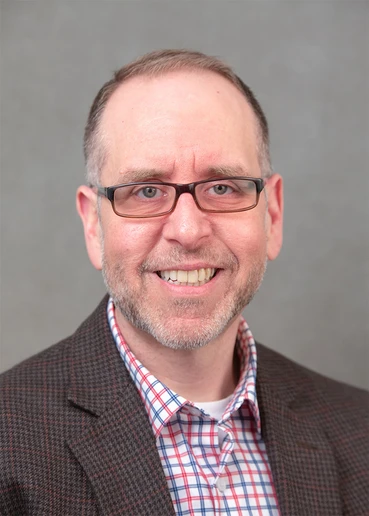

Dr. Michael Clarkson-Hendrix


Dr. Michael Clarkson-Hendrix
Social Work faculty and a SUNY Fredonia graduate co-authored an article that explores the needs of neurodivergent social work students.
“Students Who are Neurodivergent: Anti-Oppressive Recommendations for Baccalaureate Program Directors” was written by Department of Sociocultural and Justice Sciences faculty Drs. Michael Clarkson-Hendrix and Mary Carney, along with alumna Amanda Brainard.
The experience of writing and editing the article with Dr. Clarkson-Hendrix was valuable and I'm grateful for being a contributing voice for such an important issue.” - alumna Amanda Brainard
Anti-oppressive recommendations for baccalaureate social work programs to support students who are neurodivergent are presented in the article that appears in the Journal of Baccalaureate Social Work.
“I am excited to share a new article I co-authored with two colleagues on anti-oppressive strategies for BSW program directors to better support neurodivergent students,” said Dr. Clarkson-Hendrix.
The article outlines how students who are neurodivergent and enrolled in Council on Social Work Education (CSWE)-accredited baccalaureate programs experience significant social marginalization, interactional microaggressions and bureaucratic university barriers to completing their education.
Neurotypical, ableist psychosocial and policy challenges and barriers to undergraduate social work educational attainment are identified and an intersectional, anti-oppressive approach is utilized to formulate program director recommendations.
Clarkson-Hendrix plans to use the article’s content in the administration of SUNY Fredonia’s baccalaureate Social Work program and in his social work courses.
Ms. Brainard, who earned a B.A. in History in 2008 and a B.S. in Social Work in 2021 at SUNY Fredonia, was asked by Clarkson-Hendrix to be a contributor to the article due to a lived experience as a neurodivergent nontraditional student. Having earned a history degree prompted Brainard to return for a Bachelor of Science degree in Social Work at SUNY Fredonia. She also studied anthropology at the graduate-school level.
“In graduate school I had the opportunity to take a course that had significant classroom work focusing on students with disabilities in the context of teaching social sciences,” Brainard added.
“Additionally, it was eye opening for just how different those experiences were compared to my BSW experience when I was reflecting on them for the article. The experience of writing and editing the article with Dr. Clarkson-Hendrix was valuable and I'm grateful for being a contributing voice for such an important issue,” Brainard explained.
“It was very interesting to see how the student disability discussions had changed over the course of 15 years,” she added.
Brainard returned to SUNY Fredonia to pursue a Social Work major to further develop her passion for working with the Chautauqua County, NY, community on matters of social services access.
“Additionally, it was eye opening for just how different those experiences were compared to my BSW experience when I was reflecting on them for the article,” said Brainard. “Currently I am an end-of-life social worker in a non-traditional setting, and my BSW degree from SUNY Fredonia has been extremely useful for that environment,” Brainard added.